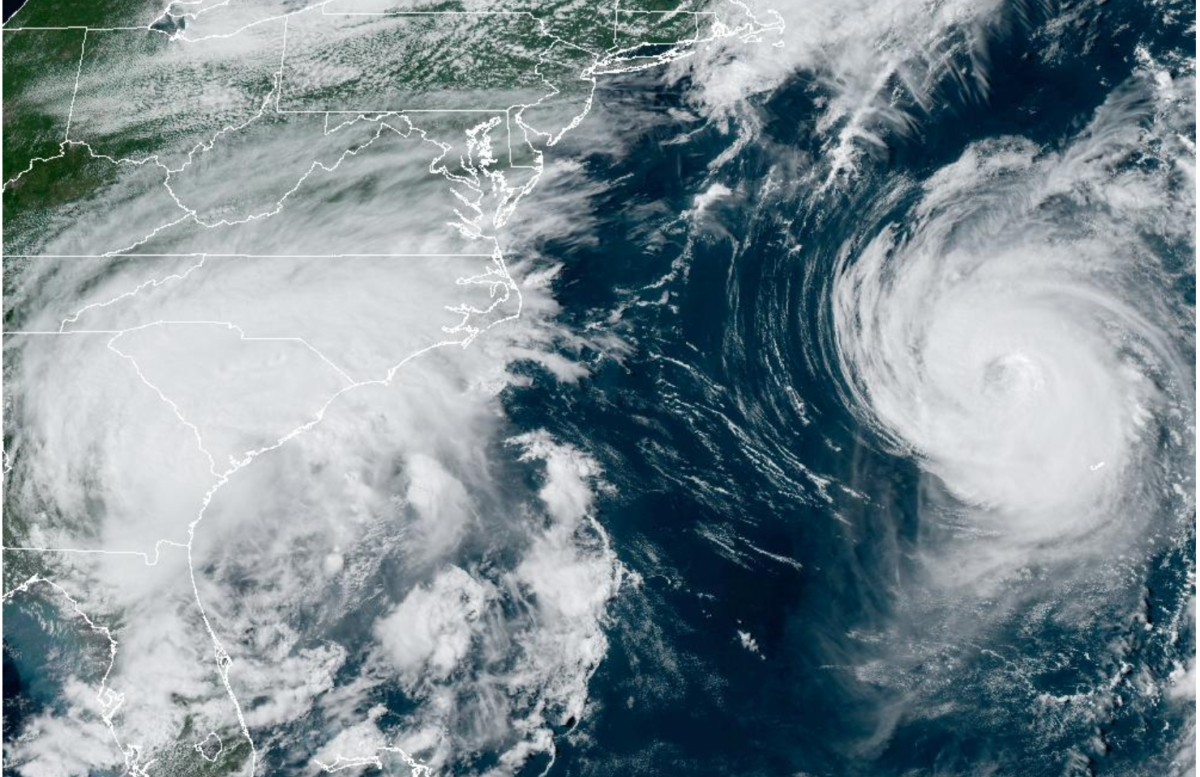On Aug. 11, the National Oceanic and Atmospheric Administration forecasters boosted their projections of this hurricane season to “above normal” levels of hurricane activity.
Hurricane season for the southeastern United States is a period of increased Atlantic Ocean cyclone formation between June 1 and Nov. 30. This year, the NOAA estimates a 70% likelihood of 14 to 21 named storms hitting. Of those, six to 11 will likely become hurricanes and two to five major hurricanes.
Idalia, the first hurricane formation impacting the gulf this season, slammed Florida’s west coast and moved north towards Georgia and the Carolinas on Aug. 30.
Tulane University’s Office of Emergency Preparedness and Response reminded students of its evacuation policy to keep students and staff safe in the event of a weather-related emergency.
“The Office of Emergency Preparedness and Response has developed a comprehensive policy for weather events, including hurricanes, that may require evacuation […]. All students are expected to activate their evacuation plans when the university encourages the activation of personal evacuation plans.”
The office will update students on potentially impactful hurricanes and monitor their paths ahead of time.
“Based on its long experience and expertise, [we] prepare for all hurricane seasons in a thorough manner regardless of what the forecast is regarding how active or inactive the season may be,” Executive Director of Emergency Management Jason Ferguson said. “If a storm is forecasted to impact our community, we will provide information about the storm’s path, the status of university operations, and resources to help you stay safe through the storm.”
In the meantime, the office heavily encourages students, faculty and staff to complete a self-evacuation action plan. Evacuation plans are personalized and independent; students can execute them at their discretion.
“By having a personal evacuation plan, students should feel empowered to implement that plan when a storm is approaching, regardless if the university shelters in place or evacuates,” Ferguson said.
Students must notify professors if they wish to leave campus before the closure announcement.
Ferguson said he encourages students to take at least one week’s worth of supplies when evacuating as well as materials to attend class remotely. This includes government issued IDs, Splash Cards, medications, valuable items and service animals.
In the event of an evacuation, Tulane will run shuttles to Louis Armstrong New Orleans International Airport for students flying to another city and assist in student evacuation.
“Students should watch local news for weather updates as well as monitor official Tulane channels, including email and social media (@TulaneU and @TulaneEmergency on Instagram) for hurricane updates,” Ferguson said.




Leave a Comment